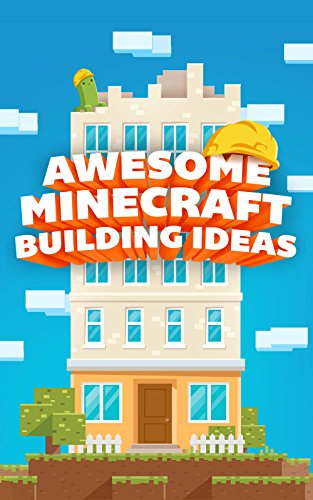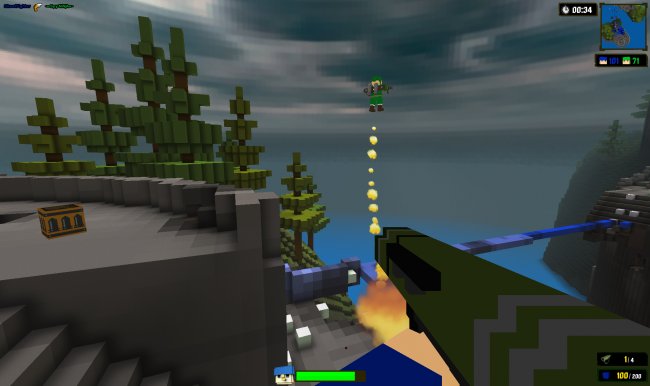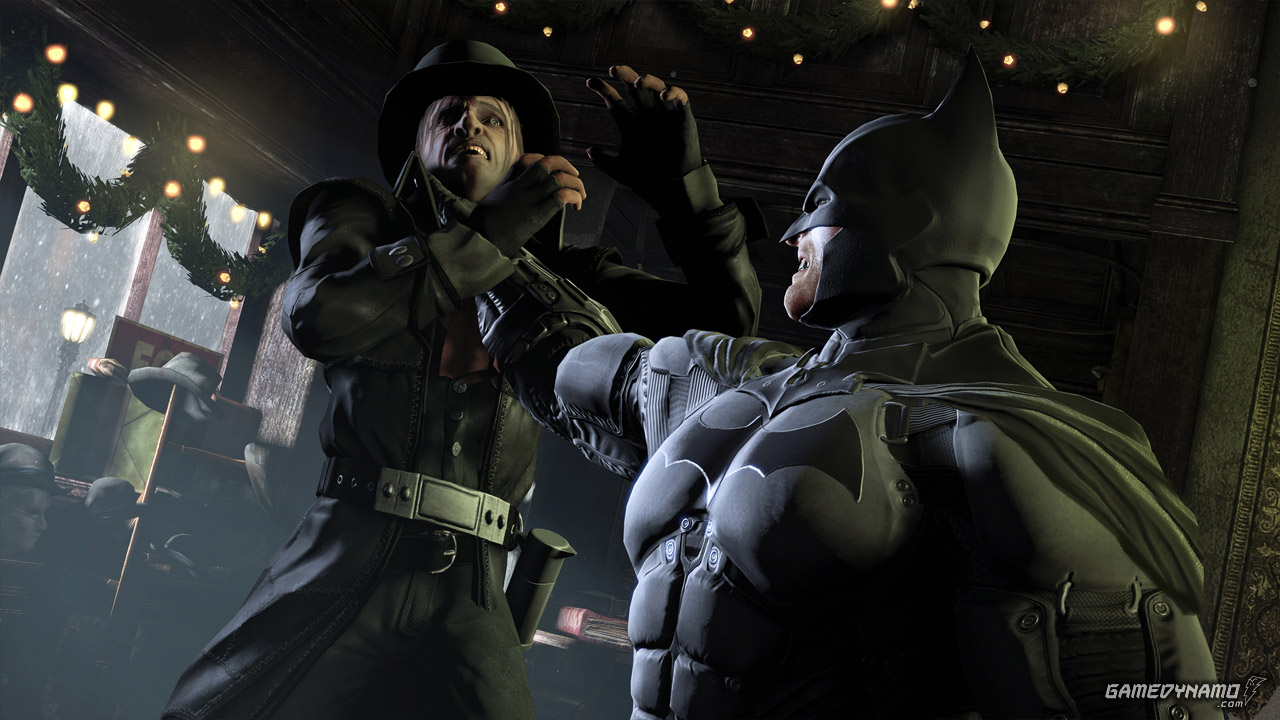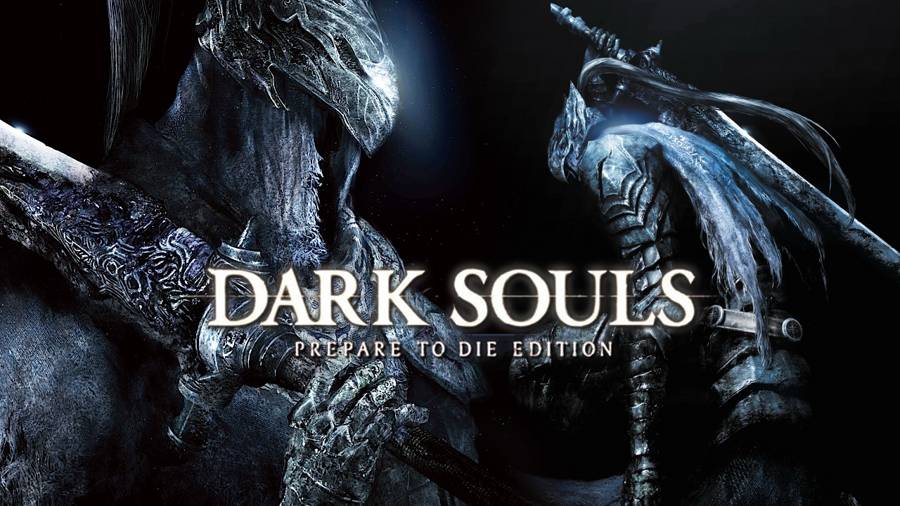

So it's time to unleash your soulless hero or villain upon the world of Tamriel. But what kind of character do you create? Orc Templar? Khajit Sorcerer? Admit it, you're stumped. Let's break it down.
Dragon Knight - These are your basic fighters, with the added bonus of using fire magic. If you've messed with Death Knights in world of Warcraft, you have an idea of what to expect here.
Nightblade - This is your stealthy assassin class, mostly equivalent to Rogues or Rangers in other MMOs.
Sorcerer - This class is Elder Scrolls Online's primary magic-using class. In other titles, the Sorcerer is called the Mage, Wizard, Warlock, or Necromancer.
Templar - The Templar is a warrior wielding Holy magic to smite enemies or heal allies. It's equivalent to the Paladin class in most other games.
Elder Scrolls is a bit different from most MMOs in that the classes are general guidelines as opposed to a hard lock. If you put points into the right skills, your Templar can be a healer, not a tank. Your Dragon Knight can primarily be a magic user. It's all about having a solid idea of where you want to go and picking up the right skills to get there.
Those who pre-ordered Elder Scrolls Online have the ability to choose any race/alliance combination, while late-comers will be stuck within the set factions outlined below. Outside of starting area access, the choice only matters when it comes to PVP. If you're playing with friends, you'll want to stay in the same alliance. Otherwise, you can change alliances later in the game, something I wish was available in other faction-based MMOs.
Each races has different racial skills. These skills are available from the beginning, but outside of the first skill they don't do anything for your character unless you spend the skill points to unlock and upgrade them. Each unlockable skill has three levels. If you pick a Breton for the sweet Gift of Magnus passive skill and never spend a skill point in the ability, it does nothing. That means while a race can help you with a specific character build, it's not the end-all, be-all. Here's a breakdown of the races, their racial skills, and what classes benefit from those skills.
Breton
Breton's magicka-themed skills make the race good for a Sorceror or Templar.
Redguard
Redguard's increased stamina helps with blocking and the shield passive gives a boost to any Templars who want to be tanks.
Orc (Orsimer)
All of the Orc abilities increase survivability, making the race well-suited for Templar or Dragon Knight tanks.
High Elf (Altmer)
A High Elf's skills lend themselves to damage-dealing magic, meaning the Sorcerer or Dragon Knight are your best class choices.
Wood Elf (Bosmer)
The bow skill, that stealth bonus, and the stamina increases point to Nightblade as the best Wood Elf class.
Kahjiit
Like the Wood Elf, the Khajit's abilities make the race well-suited for the Nightblade.
Nord
The Nord's two-handed weapon passive, armor-boosting, and health regeneration point towards an melee-focused Dragon Knight as the best class.
Dark Elves (Dunmer)
Dark Elves have Flame Talent and dual-wielding passives, which benefit the melee/magicka combo found in the Dragon Knight.
Argonian
The Argonian's boost to healing helps the heal-focused Templar, but the rest of their abilities would benefit any soloing.
Imperial (Any Alliance, Requires Imperial Edition)
The Imperial race can pick any Alliance and is only available to buyers of the Imperial Edition. Their skills lend themselves towards tanking, meaning the Templar is one of the best choices.
Early in your Elder Scrolls Online adventuring career, crafting is quite useful, so let's delve into everything crafting offers. Crafting breaks down into six different disciplines:
Like everything else in this game, crafting costs skill points. Since these points are also needed to improve your character and combat skills, it's better for you to decide which type of character you want to build and focus on one or two crafting lines. A melee Dragon Knight may be good with Blacksmithing and Enchanting, while a ranged Nightblade might want Woodworking and Clothier. All six are available in the beginning, so you can try out each and decide where you want your focus to be.
There's three different ways to obtain ingredients for crafting. The first is straight-up gathering. You can find ore deposits, wood piles (looks like driftwood at the foot of trees), and flowers out in the world. You don't need to equip anything to gather them, just walk up and hit your interact key (E). Your second way of getting ingredients is to deconstruct items at a crafting station. This breaks down any loot and gives you ingredients based on what type of item it was. Finally, you'll find some ingredients on the corpses or your enemies or inside urns and crates around the world.
In the cities and towns of Elder Scrolls Online, you'll need to look for crafting stations. They're listed on the city map, just hover over a location and it will tell you if there's crafting station in the area (Tip: the Provisioning crafting station is labelled "Cooking Fire"). Walk up to it and press "E". This will open the crafting window for you. There's also special crafting stations out in the world for creating special armor sets!
When crafting weapons and armor, you'll need the base material, the style material, and any traits you've learned. The base materials are the ingredients you found earlier, while style materials are precious stones specific to each races style of crafting. You'll start off knowing the crafting style of your chosen race and can learn other styles by finding motifs around the world. They're random drops, so it's best to look in every chest, desk, cupboard, and bookshelf you come across. Here's a list of the races and the precious stones required for crafting in their style:
Every now and then you'll find improvement materials. Each one gives you a 20 percent chance to improve your equipment, so you'll need 5 in order to ensure 100 percent success. you'll want that because if you fail the improvement, you could lose the item altogether.
One last bit I before I leave you to your crafting and adventuring. You'll want to learn Traits as well. Traits let you add different effects to your crafted weapons and armor, like additional attack power or an elemental effect. You'll learn traits by deconstructing armor in the last tab of the crafting station, labeled "Research". If you find loot with the trait you want to use, bring it to the research window. You can only research one item at a time in each crafting discipline and it takes 6 hours in real-time when you research for the first time. The process will continue while you're offline, so you don't have to worry about staying logged in. The next time you research a trait on the same item type, the research time doubles, so like everything else in Elder Scrolls Online, it's best to focus! Once you've learned a trait you can craft weapons and armor with that trait.
Opening the locked chests you find strewn around the world may not make any sense at first, so here's a quick overview on lockpicking. When you try to open a locked chest, you're given a screen showing the five tumblers of the lock and a timer. You'll want to practice early, because later chests are higher levels. The higher a chest is above your lockpicking skill, the less time you have to unlock them.
Here's how it works: when you hold down the mouse button, you'll push down the currently-selected tumbler. You want to push each tumbler down just prior to the point where it starts shaking and fighting against your efforts. Once you see the slight shake, release the mouse button. If you've found the right spot, the tumbler should darken and stay in place when you release the mouse button. If you release at the wrong point, the tumbler will reset and occasionally break your lockpick. Simple concept, but it can be hard to master.
The reason you need to master it is locked chests have great stuff and you have competition. Elder Scrolls Online has other players and only one player can attempt to unlock a chest at a time. Even if you see a player at a locked chest, wait around. You may be able to step in if they fail and unlock it for yourself!
Warning: you can still be attacked by monsters while trying to unlock a chest.
Good luck in beginning your adventure in Tamriel!




 Batman: Arkham Origins – Mad Hatter Guide
Batman: Arkham Origins – Mad Hatter Guide DOTA Hero Tips: Magina the Anti-Mage
DOTA Hero Tips: Magina the Anti-Mage The Games Of The Generation: Daves Choice
The Games Of The Generation: Daves Choice Dark Souls Moonlight Butterfly Guide
Dark Souls Moonlight Butterfly Guide Minecraft Mod Examination: Enviromine.
Minecraft Mod Examination: Enviromine.